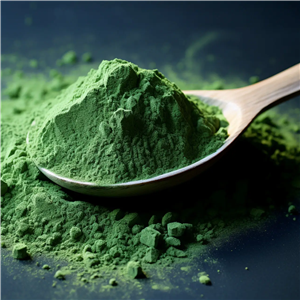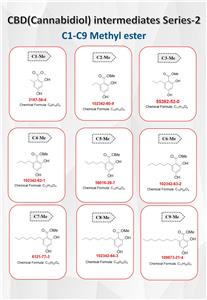-
2911-2021
Nopal Cactus: Benefits and Uses
Nopal cactus, also known as the prickly pear cactus, is found natively in the southwestern regions of the United States and in Mexico. The flat cactus pads can be eaten when the plant is young. When the cactus is older, it’s too tough to eat. Nopal cactus is a common ingredient in foods in some regions of Mexico.
-
1608-2021
How Melatonin Can Help You Sleep and Feel Better
Melatonin is a hormone that tells your body when it’s time to head to bed. It’s also become a popular supplement among people having trouble falling asleep. This article explains how melatonin works as well as its safety and how much to take.
-
0507-2021
Fourth meeting of the WHO Nutrition Guidance Expert Advisory Group (NUGAG) Subgroup on Policy Actions
In response to a call from the 58th World Health Assembly (May 2005), the WorldHealth Organization (WHO) established the Guidelines Review Committee (GRC) in 2007 with the purpose of developing and implementing procedures to ensure that WHO guidelines are developed in ways consistent with internationally recognized best practices, emphasizing the appropriate use of systematically reviewed available evidence. The robust guideline development process being implemented by WHO is overseen by the Guideline Review Committee (GRC) and is described in detail in the WHO Handbook for guideline development (2014).
-
0106-2021
Top 8 Health Benefits of Artichokes and Artichoke Extract
Although often considered a vegetable, artichokes (Cynara cardunculus var. scolymus) are a type of thistle. This plant originated in the Mediterranean and has been used for centuries for its potential medicinal properties. Its alleged health benefits include lower blood sugar levels and improved digestion, heart health, and liver health. Artichoke extract, which contains high concentrations of compounds found in the plant, is also increasingly popular as a supplement. Here are the top 8 health benefits of artichokes and artichoke extract.
-
3105-2021
10 Benefits of Green Tea Extract
Green tea is one of the most commonly consumed teas in the world. Green tea extract is its concentrated form, with just one capsule containing the same amount of active ingredients as an average cup of green tea. Like green tea, green tea extract is a great source of antioxidants. These have been credited with a range of health benefits — from promoting heart, liver, and brain health to improving your skin and even reducing the risk of cancer (1Trusted Source). What’s more, many studies have looked at the ability of green tea extract to aid weight loss. In fact, many weight loss products list it as a key ingredient. Despite these benefits, it’s important to know that green tea extract can also be toxic when taken in excess, so always talk with a health professional if you’re interested in taking these supplements. This article explores 10 science-based benefits of green tea extract.
-
1605-2021
What Is Caffeine, and Is It Good or Bad for Health?
Each day, billions of people rely on caffeine to wake up, or to get through that night shift or an afternoon slump. In fact, this natural stimulant is one of the most commonly used ingredients in the world (1Trusted Source). Caffeine is often talked about for its negative effects on sleep and anxiety. However, studies also report that it has various health benefits. This article examines the latest research on caffeine and your health.
-
2704-2021
7 Science-Backed Health Benefits of Rhodiola rosea
Rhodiola is an herb that grows in the cold, mountainous regions of Europe and Asia. Its roots are considered adaptogens, meaning they help your body adapt to stress when consumed. Rhodiola is also known as arctic root or golden root, and its scientific name is Rhodiola rosea. Its root contains more than 140 active ingredients, the two most potent of which are rosavin and salidroside. People in Russia and Scandinavian countries have used rhodiola to treat anxiety, fatigue and depression for centuries. Today, it’s widely used as a dietary supplement for its many health benefits. Here are 7 science-based health benefits of Rhodiola rosea.
-
2104-2021
RTS,S malaria vaccine reaches more than 650 000 children in Ghana, Kenya and Malawi through groundbreaking pilot programme
Two years on from the launch of a pilot programme, more than 1.7 million doses of the world’s first malaria vaccine have been administered in Ghana, Kenya and Malawi, benefitting more than 650 000 children with additional malaria protection.
-
0604-2021
New WHO-IUCN Expert Working Group on Biodiversity, Climate, One Health and Nature-based Solutions
Leading experts engaged in the science-policy interface of public health, biodiversity, and climate change will collaborate in an innovative initiative led by the WHO and IUCN to help guide decision makers toward a healthier, greener and more sustainable future as they navigate the challenges of the post-COVID-19 era.
-
2603-2021
WHO validates Cote d’Ivoire for eliminating sleeping sickness as a public health problem
Côte d'Ivoire has successfully eliminated human African trypanosomiasis, also known as “sleeping sickness”, as a public health problem, becoming the second African country after Togo to be validated by the World Health Organization (WHO).




